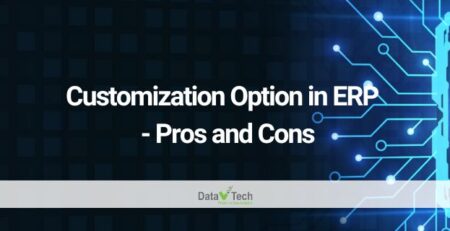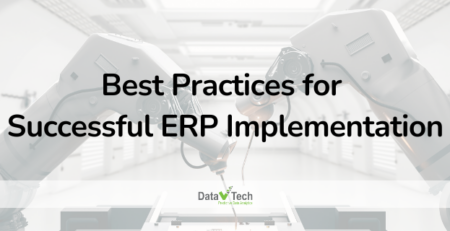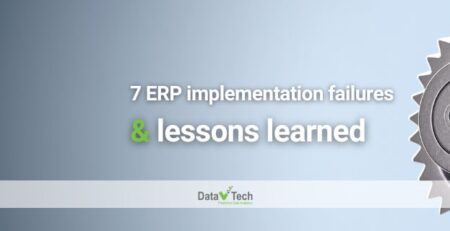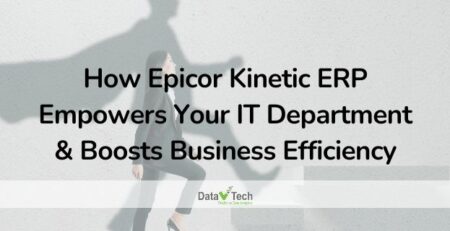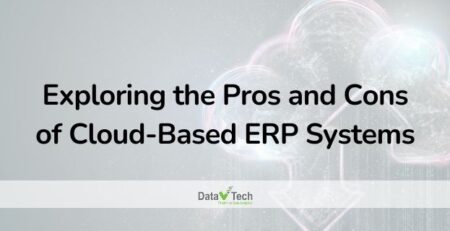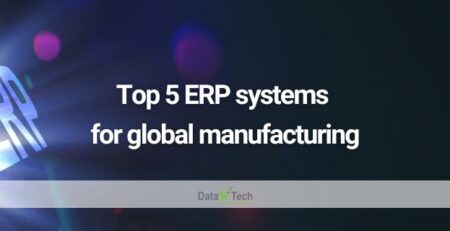With the market flooded with numerous ERP vendors, choosing the right ERP system for your business can be daunting. The selection process can be complex, time-consuming, and costly if not approached correctly. Therefore, it is essential to understand the critical aspects to consider when selecting an ERP system for your business. This article synthesizes the vital elements to consider when choosing an ERP system:
Core Features, Cost, Demo, and Implementation
According to forbes.com, some key elements are core features, cost, demo, and implementation. Making the most of a demo by providing the vendor representative with sample data and all business requirements beforehand is essential. Professional ERP implementers must usually personalize the demo to your unique business needs and goals. Preparing an ERP scorecard to evaluate each top pick according to the same vital criteria is also important. During the demo, ask to see desired functions and capabilities in action.
Functionality And Ease Of Use
Another factor to consider when choosing an ERP system is functionality and ease of use, suggests selecthub.com. Evaluating your company’s challenges that an ERP system could solve or reduce is crucial. Consider the current workflow processes that could be automated and assess if the particular solution has the tools to do that. It’s also important to consider how tech-savvy your end-users are and if they can navigate complex software features. Review the systems you currently use that need to be integrated with your ERP system and inquire about integration possibilities.
ERP Research and Selection Team
Besides, cioinsight.com also highlights the role of an ERP research and selection team. No single IT professional or company executive should work alone when researching and selecting an ERP platform. Incorporate not only IT team players but also key stakeholders from other departments who will be using this tool. They can tell you more about the applications they use daily and their current processes, inefficiencies, and critical requirements for a new platform.
Customization Needs and Options
ERP implementation is also a valuable opportunity to audit your existing enterprise applications and workflows. Before selecting an ERP solution, consider what is and isn’t working in your current business processes and applications. The best way to get a holistic image of existing workflows and bottlenecks is to complete a network audit. This process will help you to identify current silos and security issues, look for legacy tools that need to be replaced, and even find tools that are no longer in use.
cioinsight.com advises prioritizing ERP modules for your business use cases. Every business will need different ERP modules to run their business effectively. Consider where your company’s most significant pain points are today, especially regarding your business applications and how effectively they perform. Whether you’re looking to manage workflows in your supply chain or the employee lifecycle for human resources, most major vendors will have a module that simplifies your approach. It’s important not to invest in modules that won’t considerably help your team. (More infos on customization pros and cons here.)
In conclusion, when choosing the best ERP system for your business, it’s vital to consider core features, cost, demo, and implementation. You must also evaluate functionality and ease of use, create an ERP research and selection team, audit your existing enterprise applications and workflows, and prioritize ERP modules for your business use cases.




